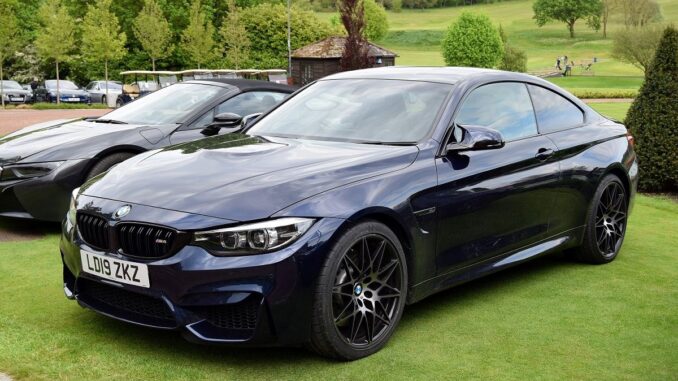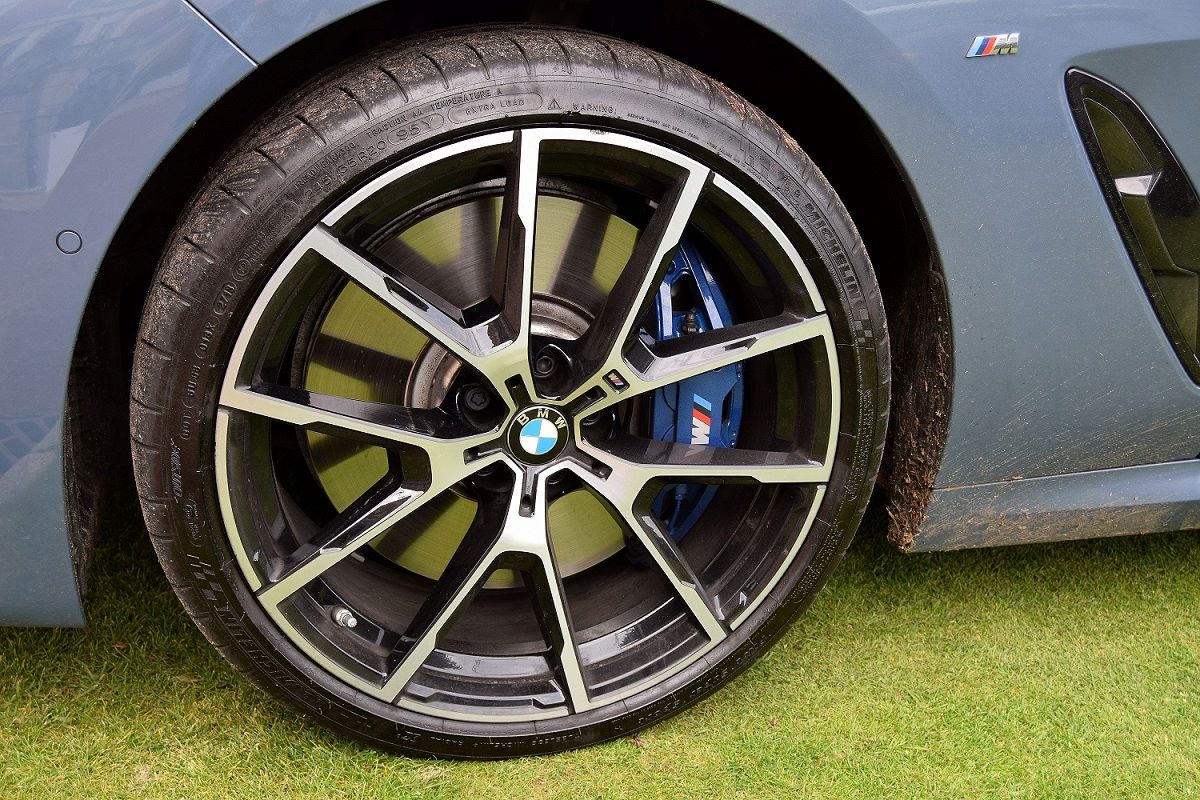
Alloy wheels have become the norm on modern vehicles. Their presence is often enough to make the difference between a merely good-looking car and a beautiful one. But does this justify the extra cash you’ll need to spend to fit them?
An alloy is a metal forged from other kinds of metal. Steel is an alloy of iron, with just a little bit of carbon added in. In the early days of alloy wheels, in the 1960s, the technology was widely known as ‘mag’ wheels – magnesium being the weight-saving metal of choice. Today, aluminium alloy is preferred, thanks to its impressive resistance to corrosion and its fantastic weight.
Despite the fact that steel is an alloy, steel wheels are not actually considered alloy wheels by most in the industry, which is something worth knowing.
So, let’s take a look at the advantages and disadvantages of alloy wheels and the technology used in making them.
Advantages
Alloy wheels tend to be much easier to control. They weigh much less which means less strain on your car’s suspension, less energy exerted in fuel, more life in the tyres and a smoother ride.
Alloys also tend to be more conductive. The heat that builds in the tyres and brakes can be easily diverted away from them.
You’ll also get a broader range of choices if you’re shopping for alloy wheels. They can go all the way from 14 inches to well over 20 inches in diameter.

Disadvantages
So, what are the downsides?
To begin with alloy wheels tend to suffer on rough terrain. A few dents and scrapes can really hurt the looks and alloys are much more difficult to repair. You’ll also end up paying more for alloy wheels at the outset.
Types of alloys
Alloy wheels come in many different types, created via many different methods.
Forging
This is a multi-stage process whereby magnesium is beaten into shape. Wheels produced in this way tend to be hardier and more ductile.
Die casting
Wheels can be cast in a mould at either low or high pressure. The latter method tends to result in lower costs.
Gravity casting
This form of casting does away with vacuums, pressurised gas and centrifuges as the metal is simply poured into a cast. It’s simple and tends to be used in small batch productions.
Assembly
Alloy wheels can also be made from separate parts designed to slot neatly together.
Should you get alloys for your car?
Your choice of wheels will tend to be restricted by the model of car you’re looking to fit them to. So, if you’re buying used sports cars like the BMW 4 Series, you’ll need alloy wheels of the appropriate size and weight.
By shopping for OEM parts from the manufacturer, you’ll leave your insurance premium unaffected. Otherwise, you’ll need to declare the wheels as a modification.




Be the first to comment